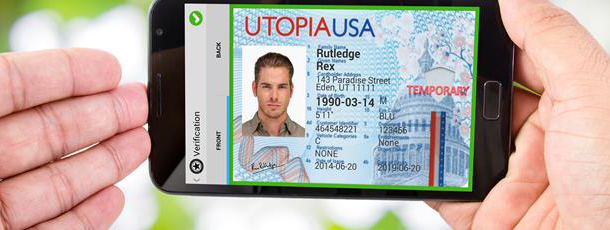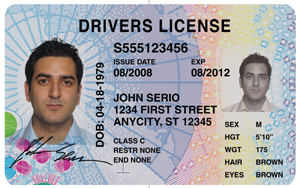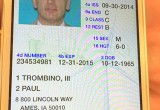Gemalto digital driver’s license finds fans in Maryland
28 November, 2017
category: Digital ID, Government, Transit
Early feedback from a digital driver’s license pilot in Maryland has provided encouragement for supporters of the technology and could point the way toward putting other permits and identification data on citizens’ mobile devices. The project, backed by Gemalto, has earned significant enthusiasm from the majority of users so far.
The DDL serves as the backbone of a person’s digital identity, but there are certainly other forms of licensing or other important documents that can all be a part of a digital wallet of sorts
The Maryland digital driver’s license pilot kicked off in July, with funding from a $2 million, two-year grant from the National Institute of Standards and Technology. The pilot involves approximately 400 people who either work, or who are related to employees of, the state’s Department of Transportation. The pilot seeks to determine how the digital driver’s licenses work on various phones and operating systems. Among the tasks enabled by the technology is more efficient age authentication for purchases of such products as cigarettes and beer. The mobile license displays the consumer’s age and ID to a clerk in an easy-to-read format uncluttered by other personal data, such as the driver’s license number.
So far, feedback is positive. According to a survey, 87 percent of participants said they are “very interested in the technology,” with another 11 percent saying they were “somewhat interested.” That bodes well for similar and future digital driver’s license (DDL) projects. Gemalto, for instance, is involved with four other such efforts, one each in Washington, D.C., Colorado, Idaho and Wyoming, said Tiffany Conway, the company’s director of field marketing.
Digital driver’s license exists in a huge ecosystem
Among the main lessons learned so far? The importance of collaboration, she said. Not only do state identification requirements vary, but within each state, “the DDL ecosystem is extremely vast and in order to find a solution that has market viability, it is important to address the ecosystem from multiple angles,” Conway said. “Gemalto began the DDL development process by conducting workshops, focus groups and getting feedback from key stakeholders in the ecosystem—including law enforcement agencies, liquor control boards, merchants and private businesses, state DMVs, and of course the end-consumer and license holders.”
For law enforcement, for instance, a major concern is not having to buy and deploy expensive gear, and to make sure digital driver’s licenses operate offline in remote areas where web access is spotty at best—a problem getting deep attention in Wyoming.
No matter the early success of such projects, wholesale change is still a while away. “At least in the near future, a mobile or digital driver’s license will serve as a supplement to a physical credential,” Conway said. “Over time as DDLs become more prevalent and widely accepted, we could certainly see a shift to the digital version being the preferred format for most people in their day-to-day lives.”
But, assuming that change does come, it likely will involve more than just driver’s licenses—a situation for which Gemalto is preparing. “The DDL serves as the backbone of a person’s digital identity, but there are certainly other forms of licensing or other important documents that can all be a part of a digital wallet of sorts,” Conway said. “Pulling up your hunting/fishing license, weapons permit, commercial driver’s license medical certificate, health or automobile insurance cards, etc. could be as easy as swiping through these ‘digital cards’ held in the application on your smart phone. As part of phase two of our pilot scope in Wyoming specifically, we will be exploring the incorporation of a hunting and fishing license into the DDL application.”
Phase two of the overall digital driver’s license project is scheduled to start in December, according to Gemalto.
Want to learn more about the pilot? Check out this infographic for details.
To participate in a short survey on digital driver’s licenses, click here.




